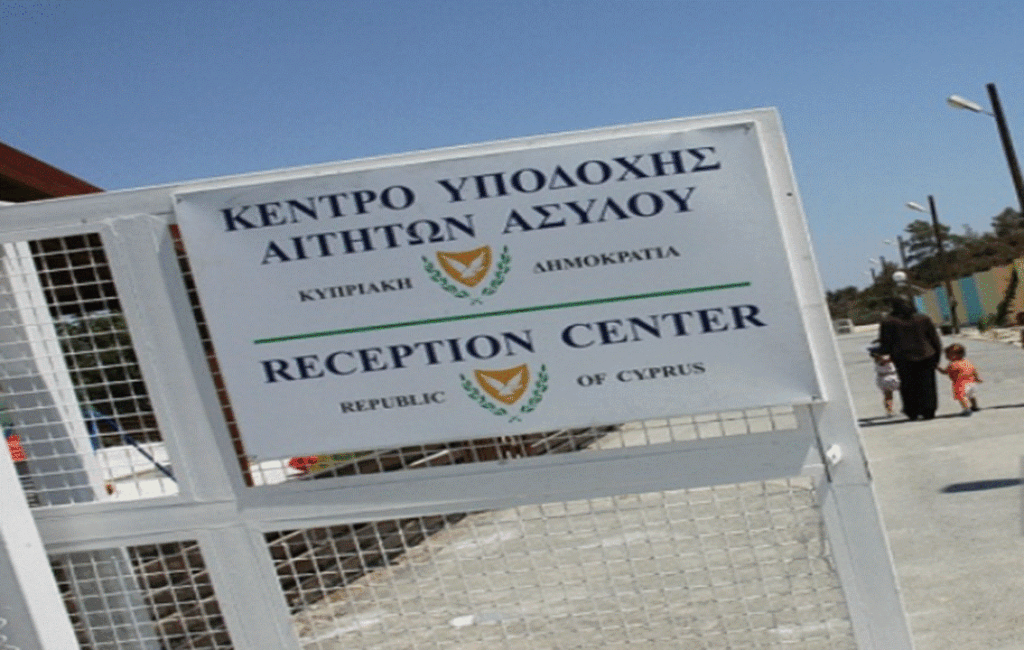
MIGRATION ON THE UP! 🙏
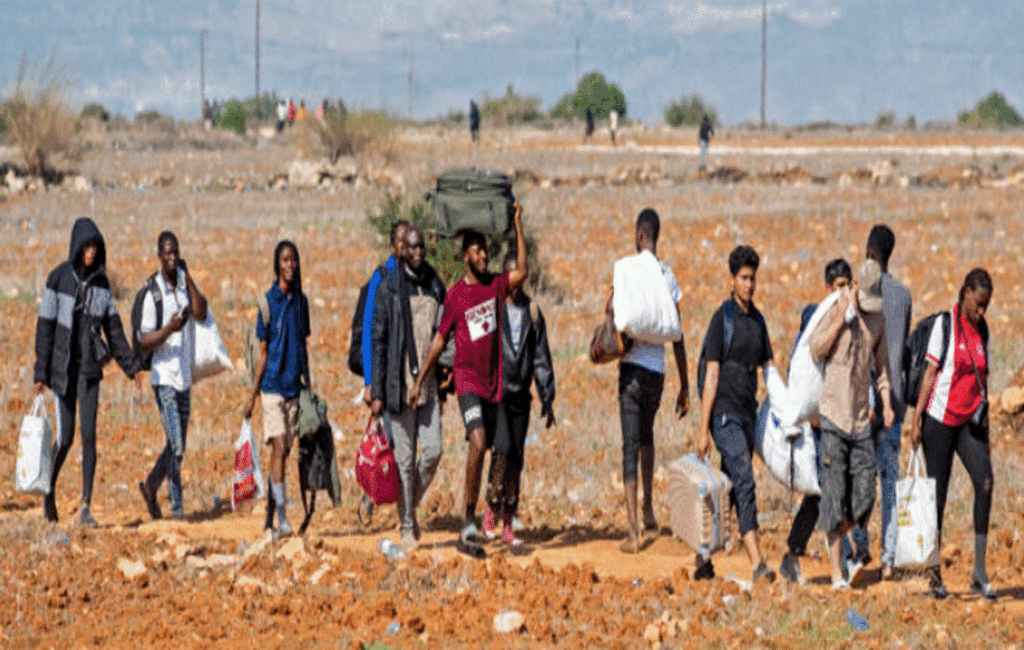
A POPULAR CHOICE OF DESTINATION
Cyprus has recently experienced a mass increase in both illegal and legal migration according to authorities who have recorded a steady increase in numbers since 2017. All migrants are attracted to the island because of its European status, large unpopulated coastline, and its position in between three continents. Aptly within easy reach of Europe, Africa and the Middle East, small boats have less distance to travel The island’s status as a member of the European Union also attracts people seeking refuge from war, persecution, and economic hardship. Those fleeing, for any of these reasons, often cite that the European Union offers stability, protection and a better economic life.
ASYLUM APPLICATIONS
An asylum seeker is often forced to leave their home country because of violence, persecution, and instability. They often arrive on the island with nothing but the clothes on their backs. Some of these people immediately seek safety, security, and more often than not, a new beginning on the island. Others, however, simply see Cyprus as a way of gaining a foothold into Europe. Many arrive from war-torn countries, whilst others come from countries in Africa and Asia, where poverty, political repression, and lack of opportunities compell them to seek refuge elsewhere. Cyprus also receives asylum applications from a number of several non-European Balkan countries.
EUROPEAN STATUS
Since Cyprus became a full member of the European Union in 2004, asylum applications have reached record numbers. The influx of population has presented several challenges for Cyprus officials. The population boost has inevitably caused a strain on the island’s resources and infrastructure. Authorities have also struggled to develop a comprehensive system for processing and integrating refugees into Cypriot society. Although asylum applications to remain on the island have gradually increased year on year, there is also an increase in successful applicants moving on to other European union countries. This indicates that Cyprus, because of its European Union status, is also viewed by some as providing a stepping stone for those looking to move on to other parts of the European Union.
A RISK TO LIFE
Asylum seekers often find themselves at the mercy of unscrupulous people traffikers who exploit their desperation for profit. The journey to Cyprus is not an easy one and is generally very dangerous. Despite this, many still risk their lives crossing the Mediterranean Sea in overcrowded and unsafe boats. Cypriot authorities constantly struggle to patrol the island’s coast and people traffickers have found several ways to take advantage of this. They offer asylum seekers organised routes into the country and these include locations in the north. Asylum seekers who arrive this way simply cross over to the south at different points along the green line and then seek asylum. On arrival they then face a number of challenges. These often include a lack of adequate housing, healthcare, and social services. They then face the difficulty of navigating a complex asylum process and integration into Cypriot society.
A CONSTANT STRUGGLE
The issue of asylum seekers in Cyprus is not just a matter of humanitarian concern. It is also a test of the country’s commitment to upholding its international obligations. As a signatory to the 1951 Refugee Convention, Cyprus has a legal and moral duty to protect the rights and dignity of any people seeking asylum within its borders. The Cypriot Government constantly attempts to address the needs of all asylum seekers. They provide temporary accommodation in reception centres and they have also actively supplied healthcare and education for them while they wait to be processed. Legal assistance is also provided during asylum applications. These resources, however. are sometimes limited and the capacity of the government to effectively respond to the needs of all asylum seekers is constantly stretched thin by rising numbers.
A LENGTHY BUREAUCRATIC PROCESS
In addition to the challenges of meeting the immediate needs of asylum seekers, the Cypriot government also faces the task of processing their asylum claims in a timely and fair manner. The asylum process can be lengthy and bureaucratic and several asylum seekers wait months or even years for a decision on their application. During this time, they are often unable to work legally or access social benefits, creating a state of limbo and uncertainty for them.
IMPROVING CONDITIONS
The Cypriot Government has also taken steps to strengthen its asylum system. The adoption of a national asylum law and the implementation of European funded projects to support asylum claims are now in place. These initiatives are an attempt to enhance the response to all asylum claiments. The asylum process as a result is more efficient, transparent, and humane. Civil Society organisations, international NGOs, and volunteers also played their part in supporting asylum seekers on the island. They have provided information, advocacy, and practical assistance for all applicants. These grassroots efforts have also helped to raise awareness about the plight of asylum seekers around the world,. This often challenges stereotypes and prejudices, whilst promoting a more inclusive and compassionate society in Cyprus.
A RESILIENCE & DETERMINATION
Despite all of the challenges, asylum seekers in Cyprus have shown resilience and determination in the face of adversity. Many have formed communities and networks of support, helping each other navigate the asylum process, with a view to building new lives in their adopted country. These efforts have been instrumental in bridging the gap between asylum seekers and the wider Cypriot communities on the island. It also has fosteried a deeper understanding and solidarity across cultural and linguistic barriers.
A POLICE CLAMPDOWN
Ultimately, the issue of asylum seekers in Cyprus is a complex and multifaceted one, requiring a coordinated and comprehensive response from all involved. Efforts to stop illegal migration are ongoing, and recent police clampdowns have led to a series of arrests. Successful convictions involving people trafficking on the island have also followed. These convictions have included several offences for conspiracy to commit crimes, being members of a criminal organisation, and money laundering. This confirms that the challenges faced by everyone concerned, with both legal and illegal migration to the island, remain difficult.
POLICING THE BUFFER ZONE
The Republic of Cyprus is also constantly strengthening security along the buffer zone. This is to prevent increasing numbers of migrants crossing from Turkey and then through the occupied north. Migrant living conditions, amongst other things in buffer zone camps, are notoriously bad, promptIing several migrants each year to flee to the south. The Republic of Cyprus provides humanitarian aid and medical care for these particular migrants, but it has maintained that this cannot continue indefinitely.
GREEN LINE MANDATES
International organisations in the past have accused the Republic of Cyprus of failing to uphold international law by denying some of the people crossing from the occupied north access to asylum procedures. These accusations have emerged amid claims that Cypriot authorities have previously pushed some of these asylum seekers back into the buffer zone. Some of these migrants are actively seeking to sue the government over alleged pushbacks, but Cypriot authorities maintain that they have acted within the law. They cite that green line regulations mandate that the area is a ceasefire buffer zone, which they are obligated to monitor. Thids means that the green line is not an international border or a recognised boundary. Cypriot authorities also maintain that these people originate from Turkey, which is considered a safe country that is obliged to provide access to asylum seekers under its international legal obligations and agreements that it has with the European Union.
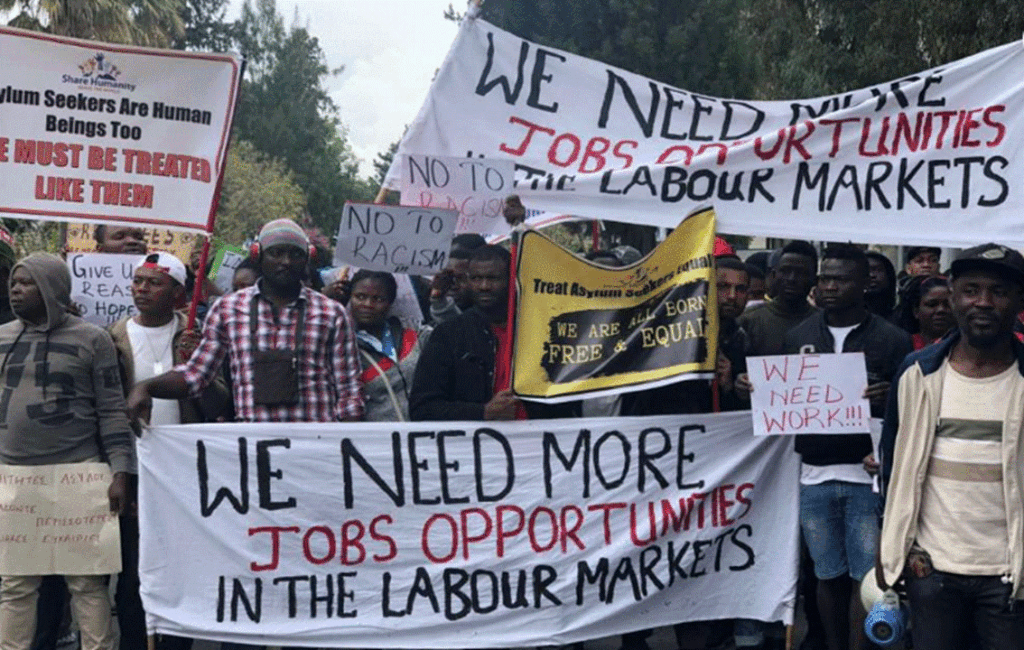
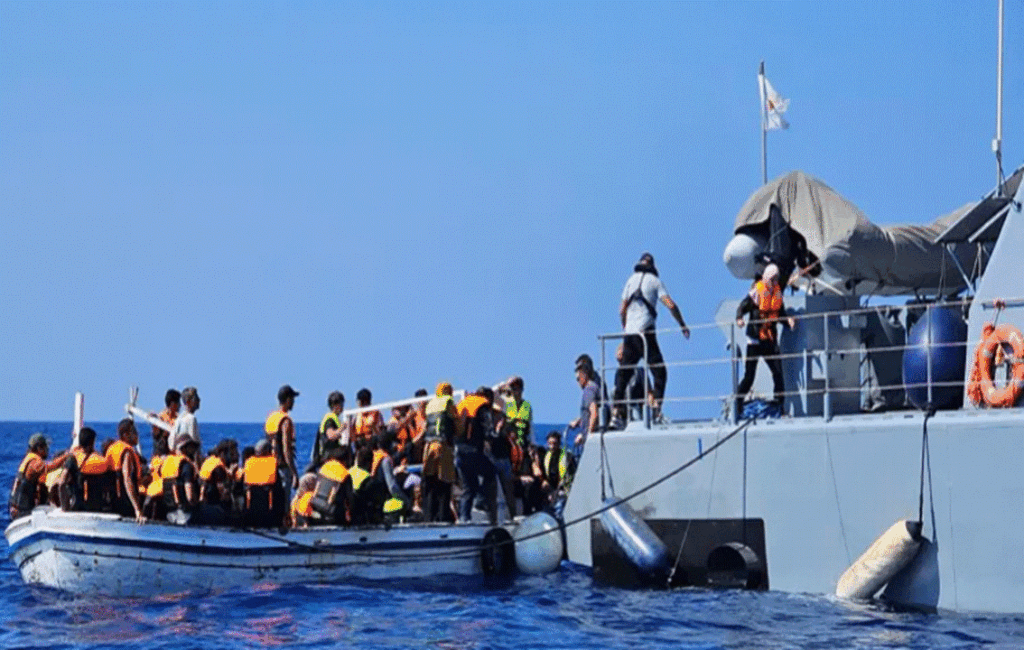
A RECENT CRACKDOWN
Severla regular crackdowns, by Cyprus immigration authorities, has located and arrested several undocumented third country nationals. These crackdowns also include constant routine inspections that are carried out across the island. These measures have revealed several people without work visas, expired documents and inaccurate identification papers. Authorities have the required logistics in place to repatriate several of these individuals, once they are identified.
Authorities continue to locate and repatriate individuals who are not legally residing in Cyprus. They are doig this on a regular basis. Approximately over 3,000 third country nationals, illegally living in Republic of Cyprus territory, are deported or repatriated every year.
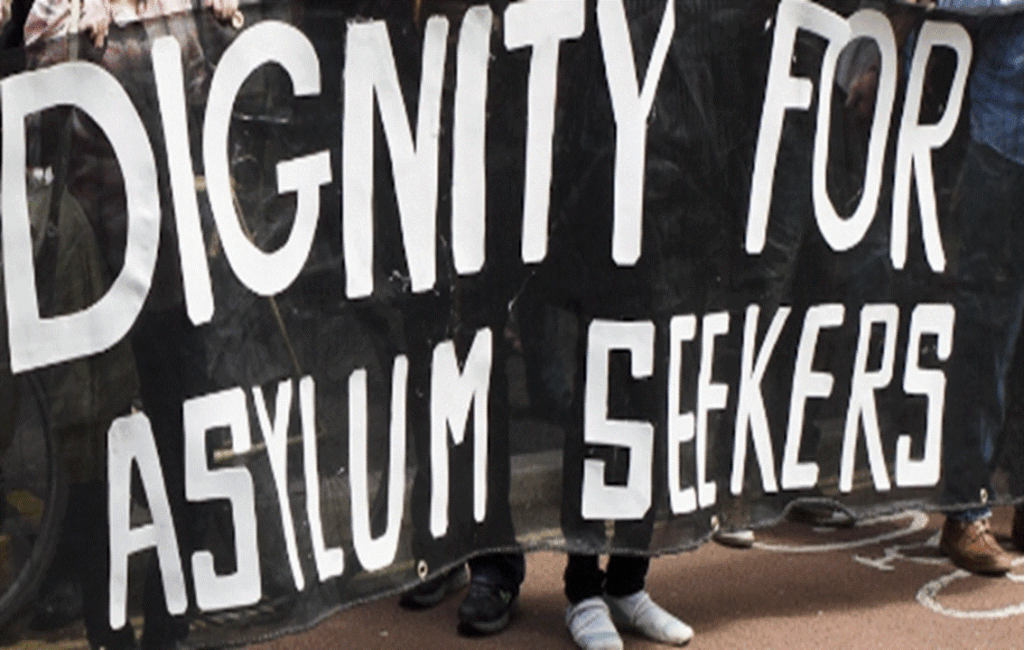
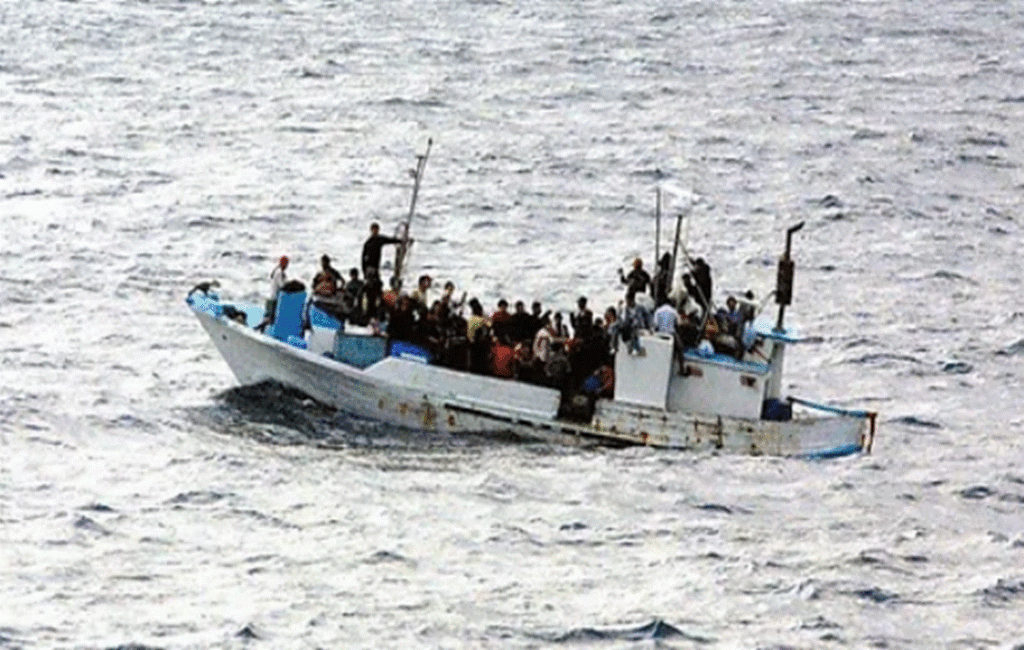
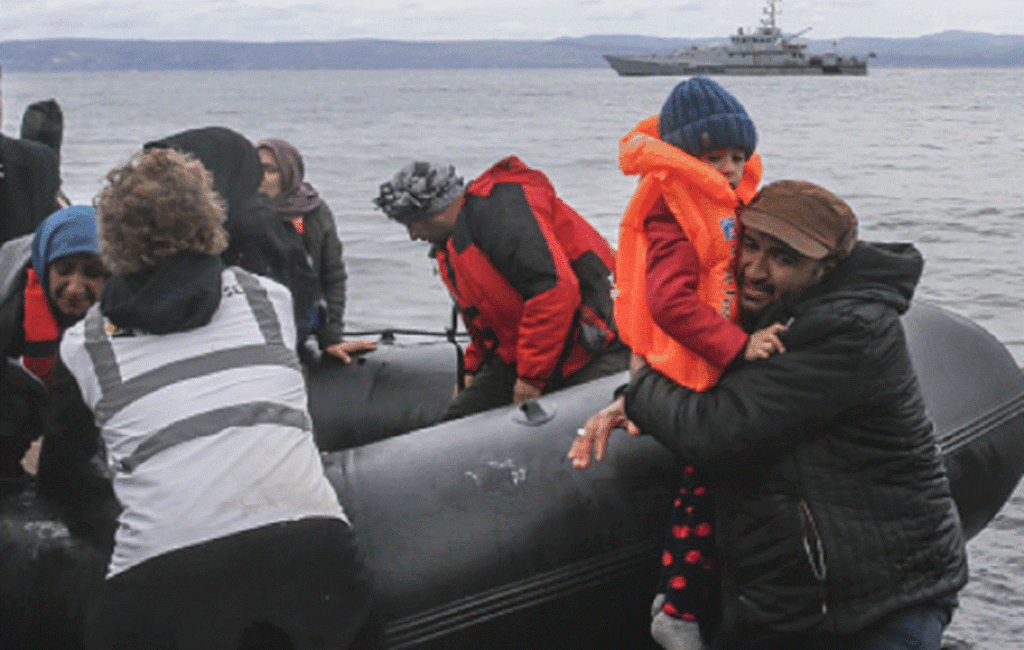
THE CYPRUS EXAM FOR THIRD COUNTRY NATIONALS
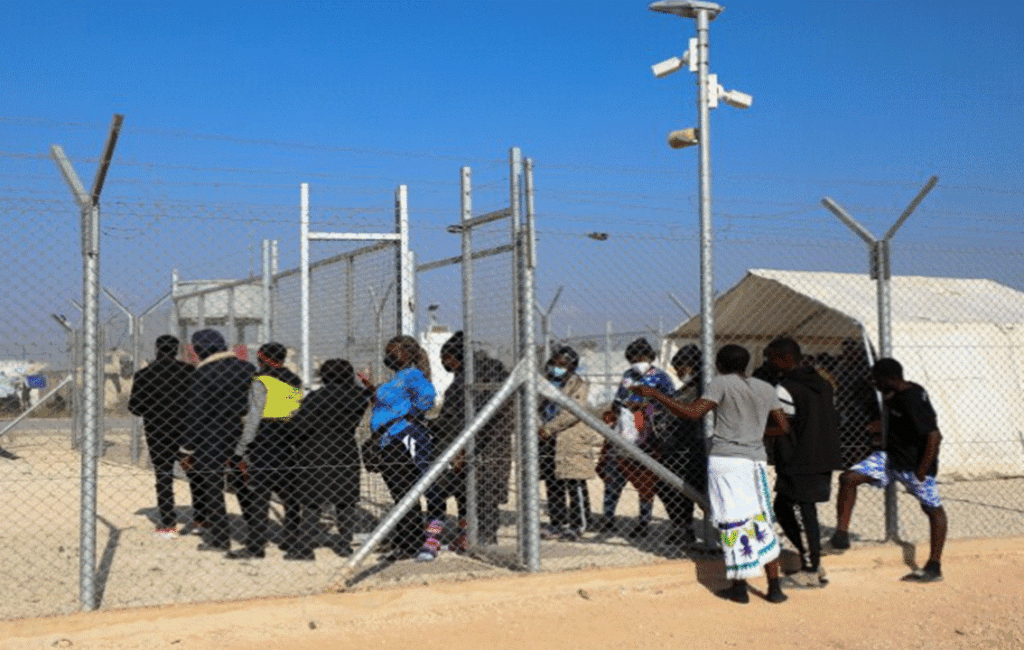
📑 WHAT YOU NEED TO KNOW! 📑
Third-country nationals who wish to obtain long-term residency or Cypriot citizenship will need to pass a Greek language exam. The exam is designed to test key elements of the current political and social realities in Cyprus. All applicants must register before taking the exam. They must then score at least 50% to qualify for long-term residency in Cyprus. Applicants trying to obtain citizenship through naturalisation need to score at least 60%.
Each applicant will require the following information during registration
📚 Full name
📚 ID or passport number
📚 Postal address
📚 Email address
📚 Mobile phone number


